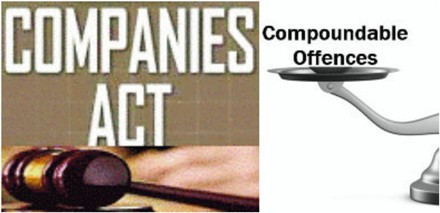

Companies Act: Making Less Serious Offences Compoundable Is Sensible
Forming a company, collecting public funds and vanishing was a good way to make money for devious entrepreneurs in the past. Changes in the Companies Act over the years have made it very difficult for promoters to do the vanishing act. Still, entrepreneurs have found other ways mainly that of looting the banks by taking loans they know they will never repay. Hence, there are several provisions in the act that are non-compoundable ensuring punishment by imprisonment or imprisonment and fine both. The government is now thinking of setting up an expert panel to suggest which of these offences can be decriminalized. This is a good idea.By A Special Correspondent
First publised on 2018-07-17 23:11:34
At one stroke, the burden on the clogged judiciary will be lessened and time and money will be saved. There are many such minor offences that can be made compoundable and the company officer violating the law can just pay a fine and avoid prosecution. To make the system really effective, the fine for the first offence of any kind should be kept substantially high and if the same offence is committed repeatedly, it should be made non-compoundable after the third time. This would serve as a warning to erring officials that the law is going to pardon them with a fine for violating it by mistake, but will not spare them if they are negligent or stupid enough to continually repeat the mistake.
But it is certain that no serious offences, like outright fraud, for example, can be brought under this system. Some commentators have also suggested that some offences can be brought under US-style plea bargaining under the consent mechanism, citing its success in that country. Although Sebi has been settling disputes through plea bargaining, several laws would have to be amended to make it applicable to the Companies Act. It is worth a try as long as long as serious and repeated similar offences are kept out and unscrupulous lawyers are not allowed to subvert the system.











